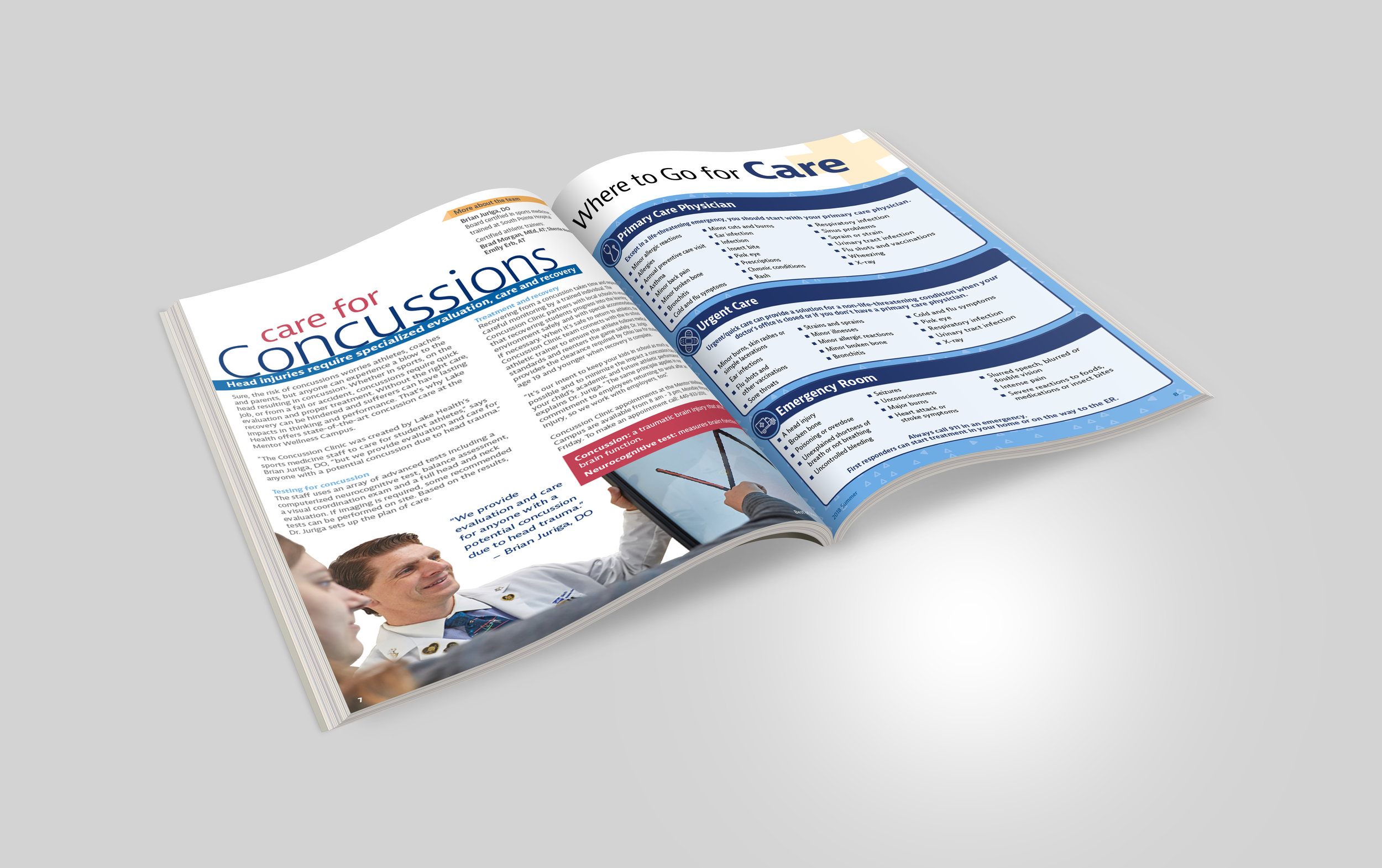Traveling can be an exciting and enriching experience, but for those with chronic illnesses, it can also be a daunting and overwhelming task. The thought of navigating unfamiliar environments, dealing with unpredictable symptoms, and managing medications and treatments on the go can be enough to discourage even the most adventurous of travelers. However, with the right planning and resources, accessible travel for chronic illness can be a reality. In this article, we will explore the world of accessible travel for those with chronic illnesses, providing tips, insights, and inspiration for those looking to embark on a journey with ease.
1. “Navigating the World with Chronic Illness: The Importance of Accessible Travel”
Living with a chronic illness can be challenging, but it shouldn’t prevent you from exploring the world. Accessible travel is essential for individuals with chronic illnesses, as it allows them to experience new cultures, meet new people, and create unforgettable memories. Here are some tips for navigating the world with chronic illness:
– Research your destination: Before you travel, research your destination to ensure that it is accessible and accommodating for individuals with chronic illnesses. Look for hotels, restaurants, and attractions that have wheelchair ramps, accessible bathrooms, and other accommodations that you may need.
– Pack smart: When packing for your trip, make sure to bring all the necessary medications, medical equipment, and supplies. It’s also a good idea to pack a first-aid kit and any other medical documents that you may need, such as a doctor’s note or medical history.
Remember that traveling with a chronic illness requires careful planning and preparation, but it can also be a rewarding experience. Don’t let your illness hold you back from exploring the world and creating unforgettable memories. With the right mindset and preparation, accessible travel can be a life-changing experience.
2. “From Planning to Arrival: Tips for Making Travel Easier with Chronic Illness”
Planning a trip can be stressful, especially when you have a chronic illness. But with some careful preparation, you can make your travel experience much smoother. Here are some tips to help you plan your trip and make your journey easier:
– Research your destination: Before you go, research your destination to find out what medical facilities are available. This will help you plan for any medical needs you may have while you’re away. You should also research the climate and any environmental factors that could affect your health, such as altitude or pollution.
– Pack smart: When packing for your trip, make sure to bring all the medications and medical supplies you need. It’s also a good idea to pack extra medication in case of delays or lost luggage. If you’re flying, make sure to pack your medication in your carry-on bag so you have it with you at all times. You should also pack any medical documents, such as a letter from your doctor or a list of your medications, in case you need to show them to airport security or medical personnel.
During your trip, it’s important to take care of yourself and manage your symptoms. Here are some tips to help you stay healthy and comfortable:
– Pace yourself: Don’t try to do too much too quickly. Take breaks when you need to and listen to your body. If you’re feeling tired or unwell, take some time to rest and recover.
– Stay hydrated: Drinking plenty of water is important for everyone, but especially for people with chronic illnesses. Make sure to drink plenty of water throughout your trip to stay hydrated and help manage your symptoms.
– Be prepared for emergencies: Make sure you know where the nearest medical facilities are and how to get there. If you’re traveling with someone else, make sure they know how to help you in case of an emergency. It’s also a good idea to carry a medical alert bracelet or other identification in case you need medical assistance.
3. “Breaking Barriers: How Accessible Travel Can Empower Those with Chronic Illness
Traveling can be a daunting task for anyone, but for those with chronic illnesses, it can be even more challenging. However, accessible travel can empower those with chronic illnesses to explore the world and break down barriers that may have previously seemed insurmountable.
One way to make travel more accessible is to research and plan ahead. This includes finding accessible accommodations, transportation, and activities. Many hotels and resorts now offer accessible rooms and amenities, such as wheelchair ramps and grab bars in bathrooms. It’s also important to research transportation options, such as accessible taxis or rental cars with hand controls. When planning activities, consider the level of physical exertion required and whether accommodations can be made for any necessary medical equipment. By planning ahead and finding accessible options, those with chronic illnesses can feel more confident and comfortable while traveling.
Another way to empower those with chronic illnesses through accessible travel is by sharing experiences and resources. Online communities and forums can be a great resource for finding accessible travel options and connecting with others who have similar experiences. Sharing personal stories and tips can also inspire others to take the leap and explore the world. By breaking down barriers and sharing resources, accessible travel can become more accessible for everyone. In conclusion, traveling with a chronic illness can be a daunting task, but it doesn’t have to be. With the right preparation, accommodations, and mindset, anyone can embark on a journey with ease. From accessible transportation to inclusive activities, the world is becoming more and more accommodating for those with disabilities and chronic illnesses. So, whether you’re planning a weekend getaway or a trip around the world, don’t let your illness hold you back. Embrace the adventure and enjoy the journey with ease. Happy travels!






























